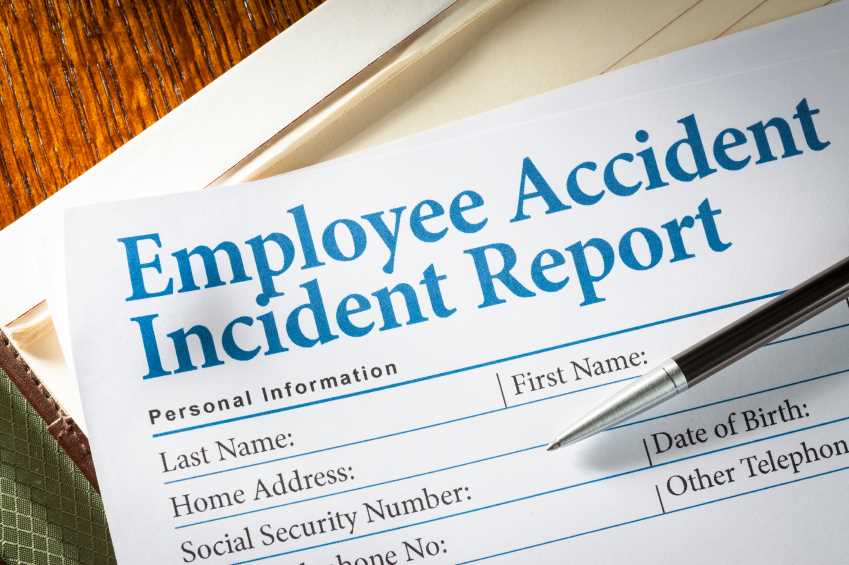Reporting workplace injuries properly is crucial for protecting your rights to workers’ compensation benefits. However, many workers make mistakes that can hurt their claims later. Understanding the reporting process can mean the difference between getting benefits and being denied.
Report Injuries Immediately
Most states require you to report workplace injuries within a specific timeframe, usually 30 days. However, reporting immediately is always better. Delays give insurance companies reasons to question whether your injury really happened at work.
How to Report Your Injury
Tell Your Supervisor – Notify your direct supervisor or manager about your injury as soon as possible. Additionally, make sure they understand the seriousness of your injury.
Fill Out Incident Reports – Most employers have incident report forms. Fill these out completely and accurately. Furthermore, keep a copy for your records.
Get Witness Information – If coworkers saw your accident, get their names and contact information. Witness statements can be crucial if your claim is disputed.
Seek Medical Attention – Get medical treatment immediately, even for seemingly minor injuries. Some injuries get worse without proper treatment.
What to Include in Your Report
Be specific about:
- Date and time of injury
- Exact location where it happened
- What you were doing when injured
- How the injury occurred
- Parts of your body that are hurt
- Names of any witnesses
Common Reporting Mistakes
Waiting Too Long – Reporting days or weeks later makes your claim look suspicious to insurance companies.
Incomplete Information – Vague or incomplete reports can hurt your case. Be as detailed as possible.
Get Legal Help Early
At the Law Offices of Roderick C. White, we help workers navigate the reporting process and fight for their rights when employers or insurance companies create obstacles. Remember, I GOT YOU!
Don't let delay rob you of the compensation you deserve
The information in this blog post is general and should not be considered legal advice. Please contact our legal team directly for specific guidance regarding your unique situation.
More Questions?
EXPLORE MORE FAQ’S











